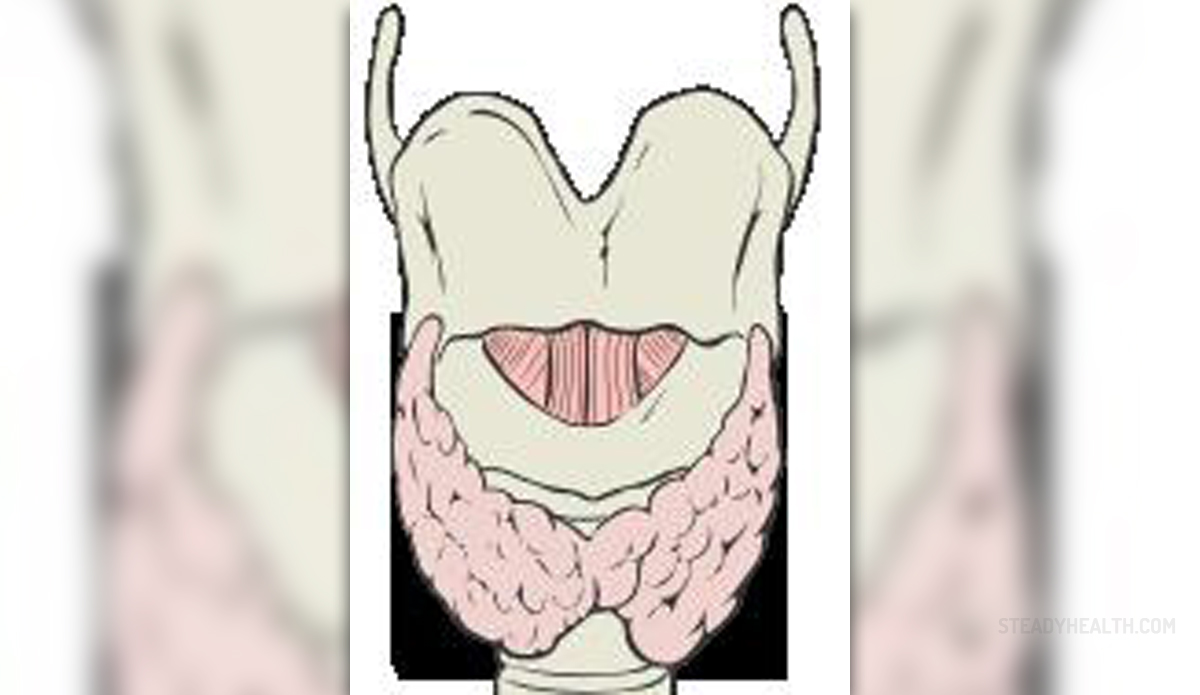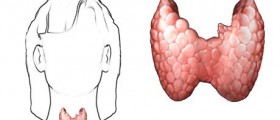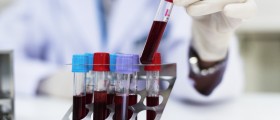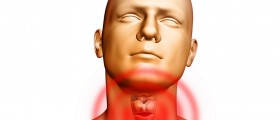
The thyroid gland that does not produce enough thyroid hormones is bound to cause different problems in one's body such as: weakness, tiredness, obesity etc. This condition is known as hypothyroidism and it may be responsible for heightened cholesterol in the blood and increased risk of developing stroke or heart attack. Pregnant women must know that hypothyroidism may harm their baby, so this condition must be treated accordingly.
Although this condition is not age-related, most of patients are women older than 60 years of age. People who have a close relative suffering from hypothyroidism are more prone to develop the same disease themselves. Low level of thyroid hormones in the body may be a result of certain immune problems in the body (like in case of Hashimoto’s thyroiditis), surgical removal of the thyroid gland or cancer therapy, as well as lithium or some other drugs and certain viral infections. Hashimoto’s thyroiditis is the most common cause of hypothyroidism in the United States.
Hypothyroidism Symptoms and Diagnosis
Patients suffering from low level of thyroid hormones usually have dry skin and brittle nails. Many of them experience constipation and women may also notice heavy or irregular menstrual periods. As already mentioned people usually feel weak and tired if there is not enough thyroid hormones. Some cannot tolerate the cold while others may have memory or even thinking problems related to this condition.
Patient’s medical history, physical exam and some blood test are usually enough for the doctor to determine the diagnosis of hypothyroidism.
Prevention Options
Hashimoto’s thyroiditis cannot be prevented in any way and this is the leading cause of hypothyroidism in the US. So, prevention methods do not exist, but patients are advised to watch for the symptoms and act accordingly, visiting their doctor and consulting about possible treatment.
Certain groups of people should be screened for hypothyroidism. They include all adults older than 35 years of age( they are supposed to be screened every 5 years) and women over 60 who have a family history of this disease. Patients suffering from rheumatoid arthritis, diabetes type 1, pernicious anemia and Addison’s disease should also be tested for this condition regularly.
Hypothyroidism Treatment
The most common treatment for hypothyroidism includes hormone tablets which substitute the missing thyroid hormones. First effects of the pills may be seen after a week or two and most of the symptoms usually disappear after a few months of treatment. However, you should keep in mind that patients usually need to take these hormones for the rest of their lives.
Mild hypothyroidism may not need any medical treatment. Severe hypothyroidism, on the other hand, may require hospital treatment to avoid complications such as myxedema coma.





-During-Pregnancy_f_280x120.jpg)





-In-Infants-And-Older-Children_f_280x120.jpg)





Your thoughts on this
Loading...